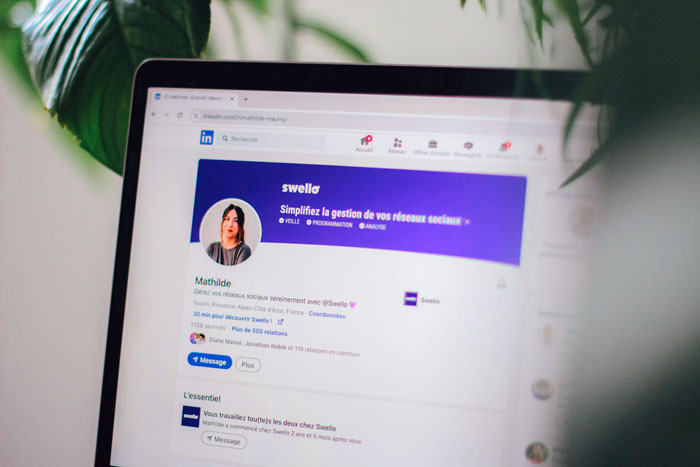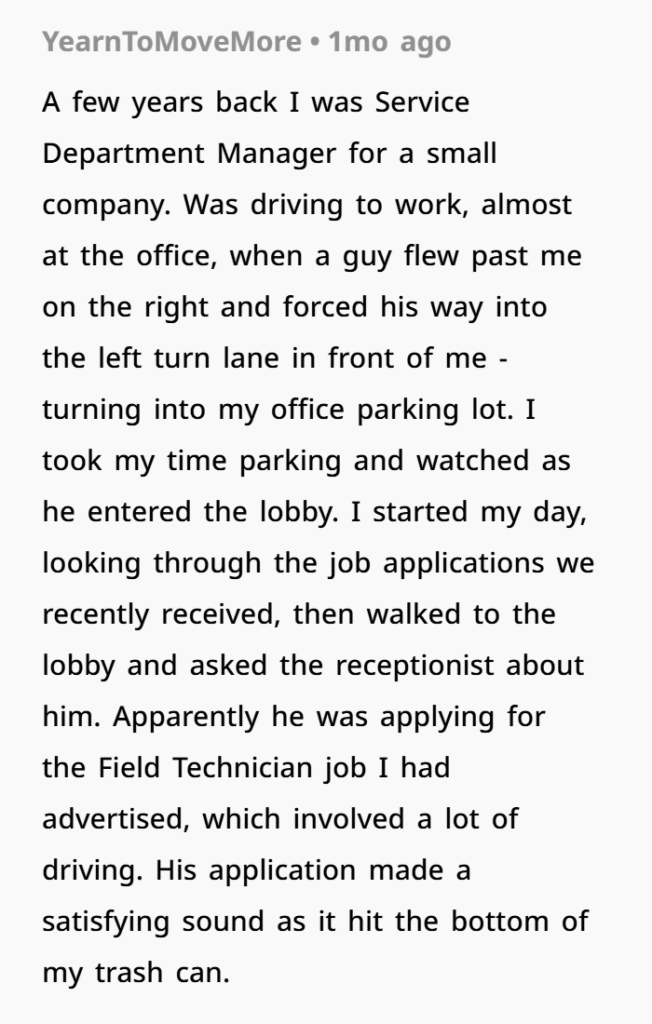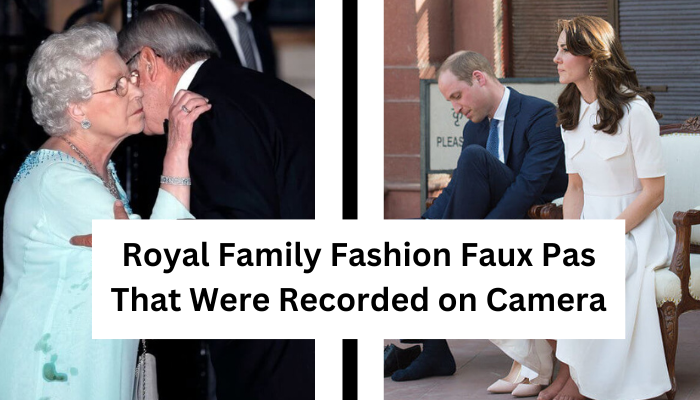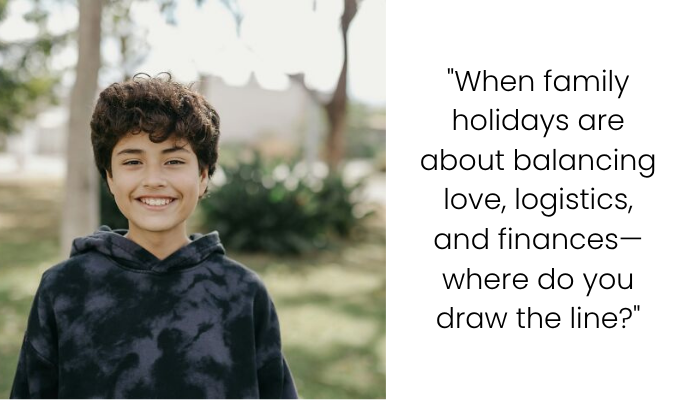He Ignored My Career Questions—So I Ghosted Him When He Needed a Job

This story serves as a striking example of social reciprocity—or the lack thereof—in professional relationships. The original poster (OP) once reached out to a college senior working at a company of interest, hoping for some basic insights into the work culture. Instead of offering even minimal guidance, the senior responded curtly or not at all, effectively ghosting OP. Months later, the tables turned. The senior, now job-hunting, posted about being open to new opportunities. Sensing an ironic opportunity, OP messaged him under the pretense of a potential opening. The enthusiasm that followed was immediate and dramatic. With poetic timing, OP then blocked him—petty perhaps, but undeniably satisfying.
The story touches a nerve because it encapsulates a universal experience: the imbalance between how people treat others when they have nothing to gain versus when they suddenly need something. In an era of hyper-networking and digital connections, it underscores how even casual interactions can reveal someone’s true priorities and character.
Advertisement – Continue Reading Below
In the professional world, where connections often shape careers, the rules of networking can sometimes feel unspoken and unfair

Advertisement – Continue Reading Below
The author initially reached out to someone at a company to ask about the work culture but received dismissive, one-word replies

Advertisement – Continue Reading Below

Advertisement – Continue Reading Below

Advertisement – Continue Reading Below

Advertisement – Continue Reading Below

Advertisement – Continue Reading Below

Advertisement – Continue Reading Below

Advertisement – Continue Reading Below

Advertisement – Continue Reading Below

Advertisement – Continue Reading Below

Advertisement – Continue Reading Below
Professional Networking, Reciprocity, and the Subtle Economy of Attention
Networking has long been a cornerstone of career advancement. From internships to executive roles, who you know can matter just as much as what you know. But relationships built solely on opportunism often collapse under scrutiny. In a 2020 study by LinkedIn and Civis Analytics, it was found that nearly 85% of jobs are filled through networking. This creates a social economy where attention and responsiveness become valuable currency—and ghosting, especially in a professional context, can be read as both a personal slight and a signal of unreliability.
In the original interaction, the senior’s dismissiveness reflected a lack of investment in maintaining basic collegial etiquette, a behavior that contradicts the norms of mentorship and professional courtesy. Research by the Harvard Business Review suggests that even micro-engagements—such as replying to informational interview requests—can significantly improve workplace reputation and long-term opportunities. When someone refuses to extend that courtesy without reason, it’s often perceived as a statement of superiority or disregard.

Advertisement – Continue Reading Below
But when that same person suddenly becomes responsive the moment they have something to gain, it reveals a performative layer to their social behavior. This is where the concept of “instrumental networking” comes into play. Instrumental networking, unlike genuine relationship-building, is goal-driven and often transactional. While common in competitive industries, it carries the risk of alienating potential allies. A 2014 study from the University of Zurich even found that people feel “dirty” after engaging in purely instrumental networking, suggesting an innate moral conflict in such interactions.
By flipping the dynamic and choosing to block the senior post-reveal, OP engaged in what psychologists might call “justified pettiness” or even “moral accounting.” While such actions are rarely endorsed in leadership seminars, they reflect a desire to assert agency and restore balance. It’s an emotional payoff rooted in fairness, even if it doesn’t follow the high road.
Importantly, this isn’t about harboring lifelong grudges—it’s about remembering how people act when they believe you’re beneath their effort. In a professional world built on mutual assistance, moments like these serve as cautionary tales: the bridge you burn today might be the one you need tomorrow.
Some netizens applauded the pettiness of the author, while some insisted it was an unfair approach

Advertisement – Continue Reading Below

Advertisement – Continue Reading Below

Advertisement – Continue Reading Below

Advertisement – Continue Reading Below

Advertisement – Continue Reading Below

Advertisement – Continue Reading Below






